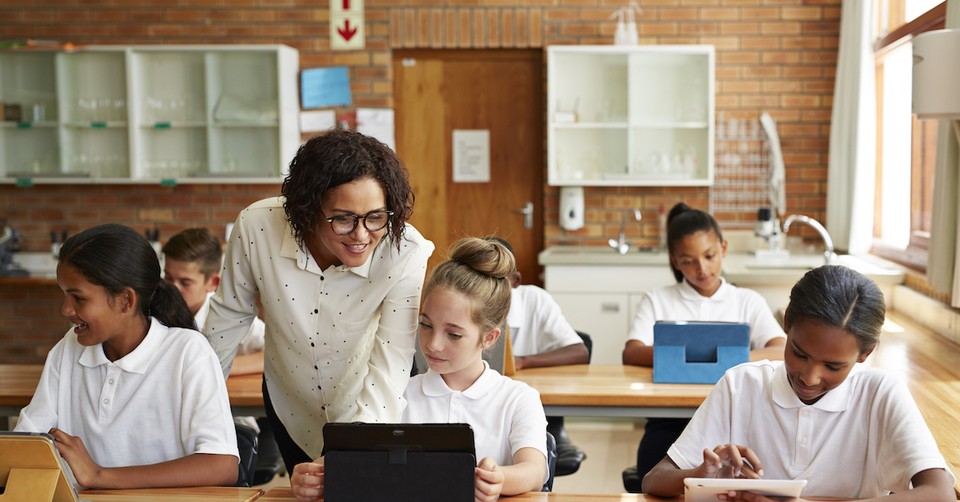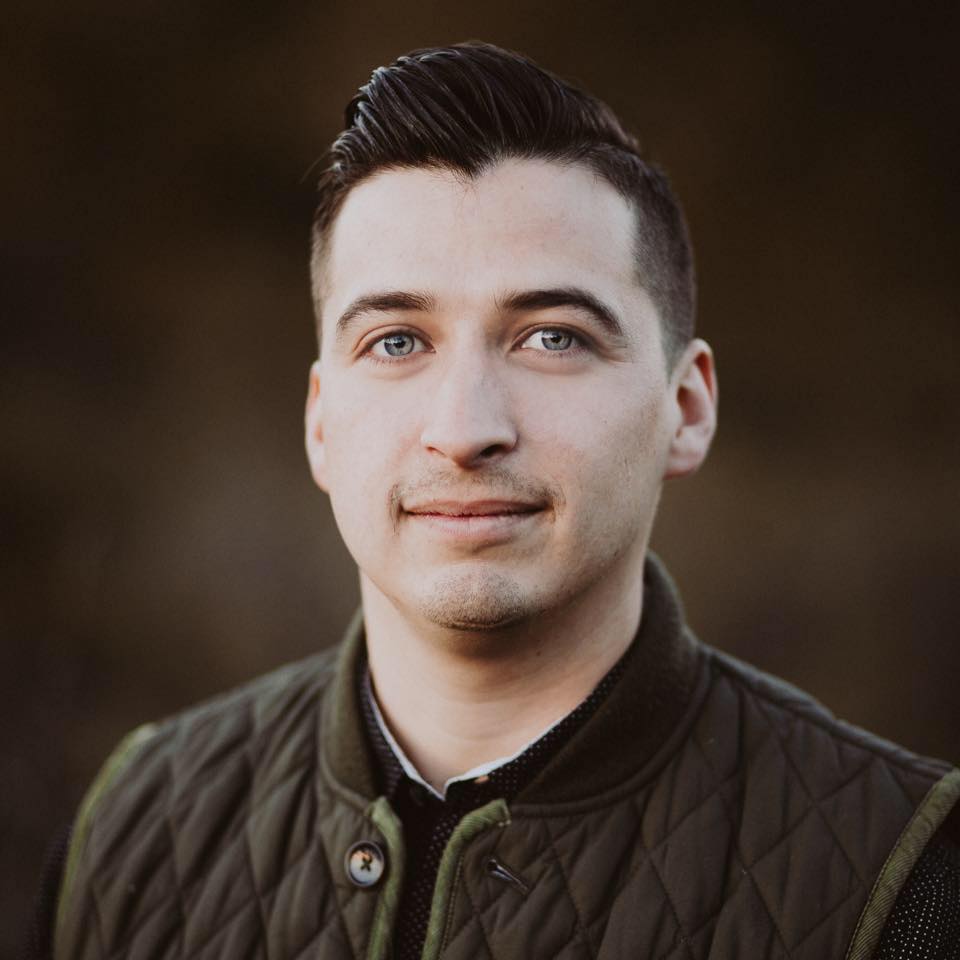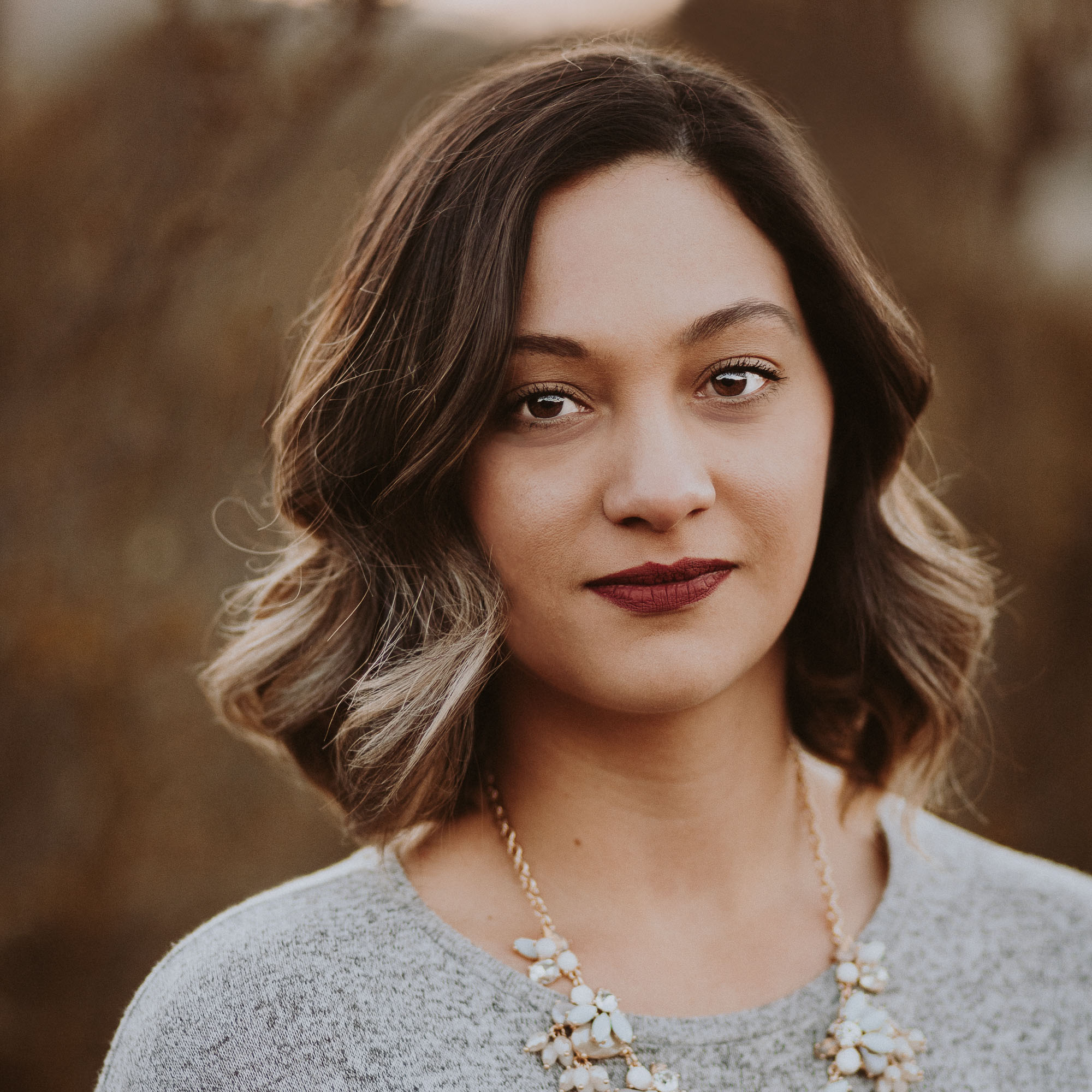Should We Send Our Kids to Private Christian Schools?

In the wake of the pandemic, which has coincided with a real scare about critical race theory and critical gender theory, private Christian schools have seen their enrollment boom over the last few years. Is that a good thing, a bad thing, or just a thing?
Certainly, schooling is an important issue for Christian parents to consider. It's also a focal point when it comes to any number of culture war issues, whether those are critical race theory or critical gender theory, book bannings, or public prayer. In light of what appears to be chaos in any number of school districts around the nation, many Christian parents have decided that the public school system isn’t the place they want to send their children. So they have opted to either homeschool their children or send them to a private Christian school. Others have opted to keep their kids in public school, not only for pragmatic reasons, but as a matter of conviction.
In this episode, we explore the arguments for and against sending your children to private Christian schools and discuss how we can appreciate both their strengths and weaknesses in light of public school options. More importantly, we wrestle with how to frame this conversation in a way that is charitable toward those who come to a different conclusion, even though we feel strongly about how we have arrived at our own.
Editor's note: The following is an audio transcript from Kainos Project on LifeAudio.com, recorded by Dale and Tamara Chamberlain.
Hello, and welcome to Kainos Project.
Dale Chamberlain:I'm Dale.
Tamara Chamberlain:I am Tamara.
DC:And we're here to help you tackle ancient truths and everyday settings. Well, as Christians continue to move towards being a minority presence in America amid, you know, diversification and the changing of the religious landscape. There are any number of culture war battlegrounds that evangelicals find themselves located in. But perhaps one of the most animated public debates that takes place is within the context of schooling for children.
TC: Yeah, this is a big issue. I mean, it's a big conversation, I guess. And that's probably because it has to do with children. It has to do with our kids. Right? Yeah, this conversation matters in a very personal way, to a lot of people.
DC: Yeah, and there are a lot of conversation points or concern points. Within that, whether it's, you know, Florida's now infamous, don't say gay bill or book bannings or gendered bathrooms or critical race theory, there are any number of areas of concern for parents who are either like trying to limit or expand the influence of certain ideas in the public school system. And so for many people, you know, kind of in that context, they've decided that public school, you know, isn't really the place to send their children.
So they've opted either for homeschool or a hybrid option or to send their kids to private Christian schools. And did you know this actually, in the wake of the pandemic, which coincidentally coincided with a very real kind of scare about critical race theory and critical gender theory, that in the past few years, private Christian schools, they've actually seen a boom in their enrollment.
TC: Yeah, and I think you talked about, like, some of the hinge points of why, but there were also just a lot of parents who, because the public schools were shut down during the pandemic, a lot of parents felt like I can't work and take care of my child's schooling, they need to go back to school. And private school actually became one of the only options for those parents. I know a lot of local parents here that their kids have been in public school, like their entire schooling. But during the pandemic, they just couldn't manage, working and being essentially their kids teacher. So they opted to just send them to a private school, because that was the best solution during that season of life.
DC: Yeah, so like, for a lot of different reasons. Increasingly, so in the past couple of years, parents have pulled their kids out of the public school system and put them into the private Christian schooling system that is available to them in their area. So I thought it would be interesting to talk about that today. Like, is that a good thing? Is that a bad thing? Is it just a thing, right? And so I thought we could talk about public school versus private Christian schooling? Like, what are the Christian arguments for either side of the debate? What are the practical arguments for either side of the debate? Is there a right answer? And most importantly, what should our posture be like as we approach this question?
So that's what I want to talk about today. But we'll dive into that in just a moment. So today, we're talking about the merits of private Christian education for children as opposed to public schooling, and how Christian parents might think through some of the questions associated with that decision. So I figured we'd kind of talk about the strengths and weaknesses of public schooling, and the strengths and weaknesses of private schooling. So we'll start with the arguments for public school.
And some of these arguments will be somewhat theological in nature, and then others are just kind of a little bit more pragmatic, depending on your situation. So these are the arguments for sending your kids to public schools. So when we think about public schools, they're kind of an integral part of society. And so as a nation, we have developed this value that basic education is a fundamental right, that should be afforded to everybody living here, regardless of your socioeconomic status, regardless of your racial background, regardless even of your citizenship status that if you are a child living in this country, that you have a right to basic education.
And so if that public school system is a project that we are collectively working together on as a nation, then it stands to reason that that project would benefit from the entire Christian community being a part of this broader societal effort to create public school systems that benefit everybody who's living here. And so that would mean having Christians be school teachers, be engaged parents and volunteers, as well as being students. And this isn't to say that, like we're sending our children into the mission field in second grade, I think that's something that I've heard, I don't think most serious people would phrase it as such that you're sending your second grader to be a missionary to the second grade, like the primary purpose to send your kid to school is for them to get an education.
TC: Right. And parents wouldn't say like, we're choosing public school, because we want that to be a mission field for our kids. But that there's some benefit of having Christians within this setting. And in order to have a Christian within that setting, either you're a teacher, who's a Christian teaching within the public school system, or you're a student within the public school system.
DC: Right. So it is to say that, like public schools are a formative institution in our society. And if that's the case, then the overall like moral character of that institution would be strengthened if there were Christians, you know, embedded within it, who have strong moral character, who can provide a missional presence within that system. And so, being a missional presence isn't necessarily, you know, a purpose of, you know, to evangelize straight up, although it does involve evangelism. It's more about bringing, like a kingdom value or a kingdom ethic to wherever you are as a Christian. And so, if this is one of the pillars of our society, the public school system and you have children who are involved in that, it's hard to be a missional presence in that space if you aren't in that space.
And so it's just this opportunity to be the light of Jesus in our community in our society. And that's a pretty large facet of the life of a family in our community is the public school system. So that's kind of a reason to kind of theologically. I'm practically speaking, I think, children in public schools, they're, they're exposed to a lot of diversity in those situations, they're exposed to people who are different from them, they look different from them. They believe differently from them. They come from different cultures; they have different values, they have different histories, they have different socio-economic statuses, they have different developmental capabilities.
And so by being exposed to all of that real-world diversity, that kind of already exists in our community, that can be a really good thing for kids that because they'll kind of naturally develop not only an awareness for the diversity but also a sense of empathy for the struggles of other people. And so when we don't have those kinds of experiences with other people, we tend to either demonize or just not understand that there's anything that they are struggling with that is unique to that set of people.
TC: Yeah, and right now, I think there's a lot of talk about the harm of functioning within a silo of only being around people that talk like you athletically, you look like you agree on everything you agree on, and the public versus private school conversation. That is a big element of it. Because if you're going to a private school, it's very likely that there is a lot of common ground happening between you and just about everybody else around you. Which, again, is not necessarily bad. But is there a benefit to making sure that your child is around intentional diversity, not only just religiously, right, but the people who can naturally afford private schools usually end up being in a different socioeconomic class. Right. So you just put up a lot more similarities within a private school that just naturally are going to happen.
As opposed to having your kid in a in a public school, where they are just exposed to, like you said, different cultures, different histories, different backgrounds, different religions, different worldviews in general. And is that a good thing for them to grow up in and a good thing to shape them? Or do we want to, like, guard them against all of those things that a young age is, and that's really the conversation we're having right now.
For the full episode, listen above or click here
Top photo credit: ©GettyImages/Klaus Vedfelt
Related video:
Dear God, Thank you for your love. There is nothing else like it. And thank you for my children. I understand your love for them reaches beyond any distance mine could ever reach. Help them to know your love. I want to be able to comfort them and reassure them everything will be okay, but there will be times I'm unable to be there for them, especially as they get older. Thank you for surrounding them with your love, Father. Thank you for guiding my kids as they learn to trust your loving care. Read the full devotional here.
Video thumbnail courtesy of Canva.com & Stock footage courtesy of soundstripe.com
Related articles on Crosswalk.com:
- 7 Things to Pray Regularly for Your Child's Faith Journey
- Helping Your Teen Achieve Spiritual Balance
- 10 Bible Stories Every Kid Should Know
- 7 Things I Learned about Discernment
- 5 Ways to Prepare for Your Homeschool Year
For more podcasts from Dale and Tamara Chamberlain please visit Kainos Project on LifeAudio.com.


Originally published August 10, 2024.




